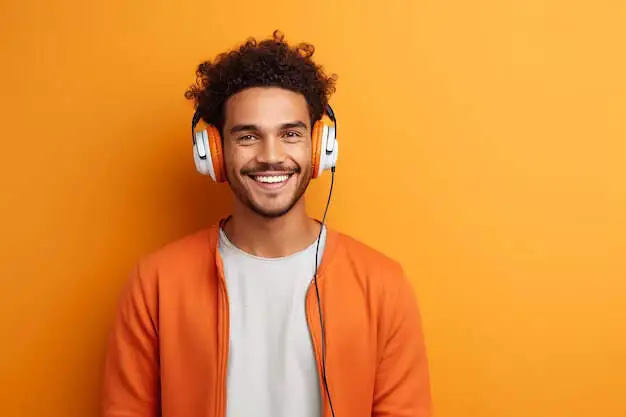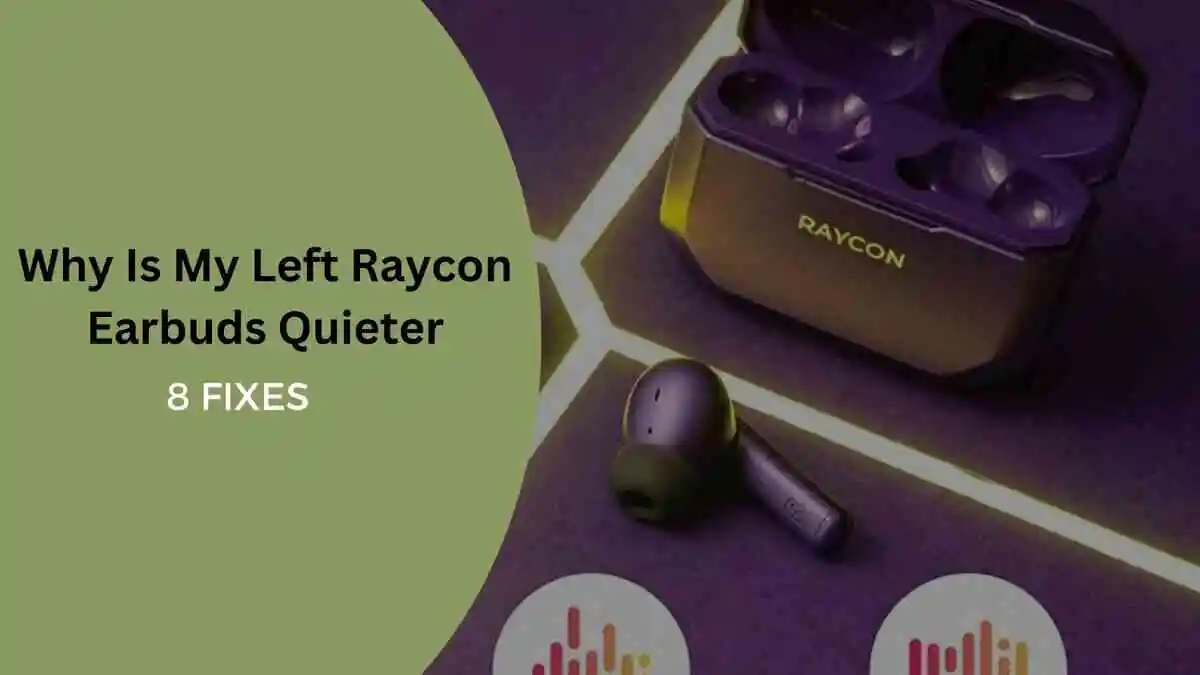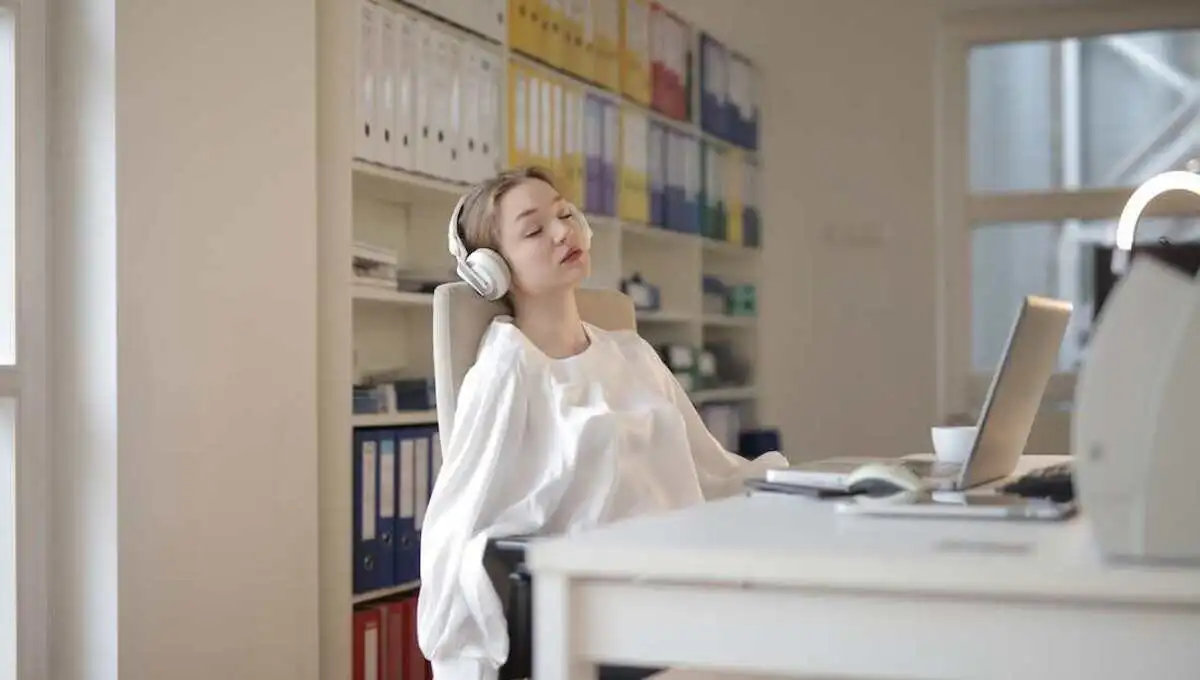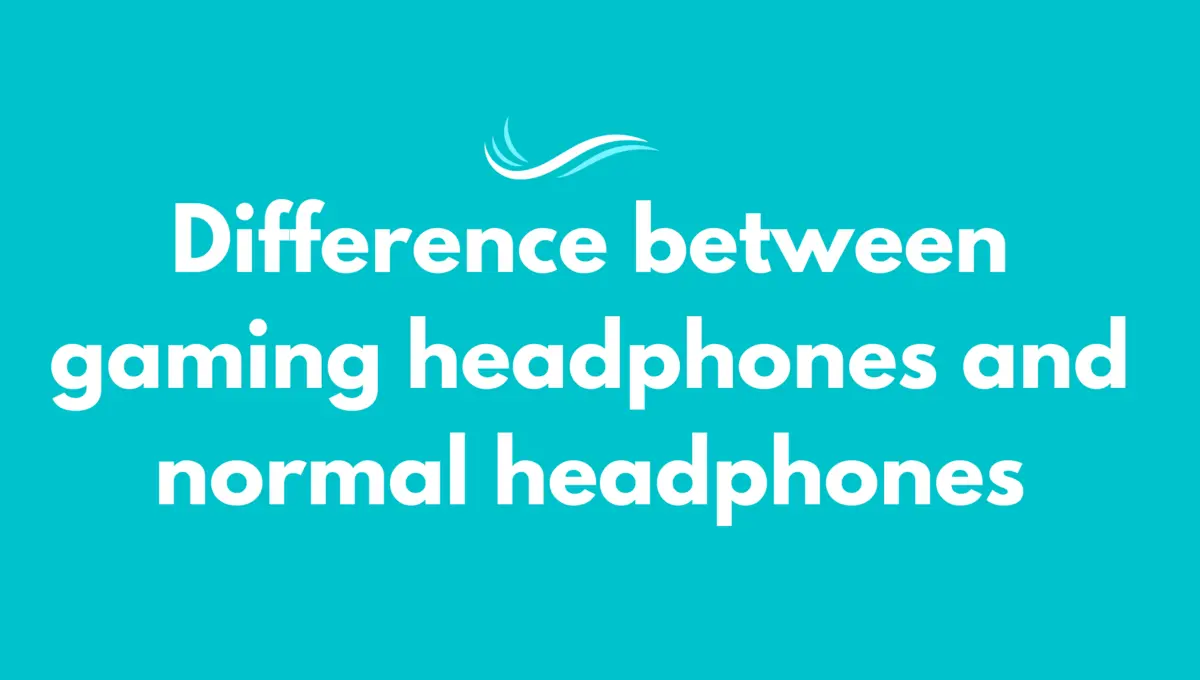Hello, welcome dear. Are you looking for some answer to your query: can noise cancelling headphones cause headaches? Take a relaxing breath and sit on headphonerev roller coaster in search of your answer.
Noise-canceling headphones are one of the most popular items on the market today. They promise to block out all the noise so you can focus, but is this really what they’re doing? In this article, we will study; can noise canceling headphones cause headache.
So let’s drive the blog to down the page and find your answer in a multiverse of headphones.
Can Noise Cancelling Headphones Cause headaches?
Researchers study the effects of noise-canceling headphones on headaches and found that they can be a cause.
Why Does My Head Hurt With Noise Cancelling? (Causes)
Active noise-cancelling (ANC) headphones cause headaches because they send special sound waves into your ears to cancel out noise. These waves can make your inner ears feel pressured and uncomfortable, leading to headaches.
Sound Frequencies:
Different kinds of sounds can bring on headaches in different ways. Here are some types of sounds that have been connected to headaches, as per the information we found:
- Low-Frequency Electromagnetic Fields: Being around low-frequency electromagnetic fields, which are a kind of energy, might be a reason for some people getting migraine headaches.
- 250 Hz Sound: When sounds in the 250 Hz range are too strong, they can make you uncomfortable and even lead to headaches.
- Radio Frequency Fields: Some folks say they get headaches, feel tired, or dizzy because of radio frequency fields. These fields come from things like mobile phones and base stations.
- High-Frequency Migraines: Migraines that happen often and come with a lot of pain can be caused by different things, including loud noises. We don’t completely know why migraines happen, but loud sounds can be one factor.
So, various types of sounds, from low-frequency energy to specific pitches and radio waves, can sometimes be linked to causing headaches in different ways.
Wearing them too Tightly:
If you’re experiencing pressure pain in your head when wearing noise-canceling headphones, it may be because they are too tight. The pressure created by the ear cups against the ears can cause headaches in some people. The same pressure is also felt when listening to music for long periods.
The pressure pain is caused by the headphones compressing the Blood vessels in your scalp. This can cause a migraine-like headache. If you’re experiencing this type of headache, you must take the headphones off and let your head rest for a few minutes.
If the headache persists, see a doctor.
Improper fit of Earpads can cause a Headache:
When people are looking to buy a new pair of headphones, they often overlook the earpads. But if you’re looking for headphones that will help block out noise, it’s essential to consider the type of earpads included.
Most noise-canceling headphones use supra-aural earpads, which sit on top of your ears. These earpads can be very comfortable and provide sound noise isolation, but they can also cause headaches if they wore for long time.
Some models of noise-canceling headphones include circumaural earpads. These pads are less comfortable than supra-aural pads but don’t usually cause headaches.
High volume:
Some people are concerned about the potential for noise-canceling headphones to cause headaches. In a study published in the journal headache, researchers examined how noise-canceling headphones impact headache intensity and frequency.
If you experience frequent headaches when wearing headphones, it may be worth checking to see if your headphone volume is too high.
Alternatively, you could use earplugs or earmuffs when listening to music or watching videos with loud soundtracks.
Using ANC headphones on the bed:
Using ANC headphones on the bed can cause headaches, dizziness, and other side effects. ANC headphones are designed to block out environmental noise, so they may not be ideal for sleeping.
Additionally, the headphones may cause pressure on your ears, which can lead to headaches and dizziness. If you experience any of these side effects while using ANC headphones on the bed, we recommend removing them until you can assess whether or not they are causing a problem.
So indeed, noise cancelling headphones cause migraine.
How do you make noise canceling headphones Safe?
The best way to avoid headaches while using noise cancelling headphones is to listen at a moderate volume and allow your ears a few minutes to rest between sessions.
One study found that continuous exposure to 85dB SPL (at 1kHz) for up to 90 minutes resulted in a headache within 30 minutes in 66% of test subjects1.
If a person listens to music with noise-cancelling headphones for an extended period, the pressure from the sound waves can cause headaches.
Some precautions while buying noise cancelling headphones.
If you’re looking for a pair of headphones to help block out noise, be sure to take these precautions:
- Check out the softness of earpads.
- Check out the ANC of headphones at the shop, listen to rough music, and see if it affects your brain in 15 minutes.
- Check out the flexibility of the headband.
- Check out the touch control of headphones. It must be human-friendly, not like touching any cloth; the volume increases.
So if you’re looking for a safe and effective way to reduce noise pollution, research the potential side effects of noise-canceling headphones first.

Conclusion:
Can noise cancelling headphones cause headaches? The short answer is yes; evidence to suggest that they can.
Putting on a pair of noise cancelling headphones creates an isolated environment for your ears. This can lead to pressure build-up in your eardrums and, eventually, a headache.
Wearing them too tightly, listening at high volumes, or having poor earpad fit can all cause headaches when using noise cancelling headphones.
In the meantime, if you experience a headache after using noise cancelling headphones for an extended period, try removing them for a few hours and see if that resolves the issue.






![Are Skullcandy Headphones Waterproof [Water-Test]](/uploads/are-skullcany-headphones-water-proof.webp)
